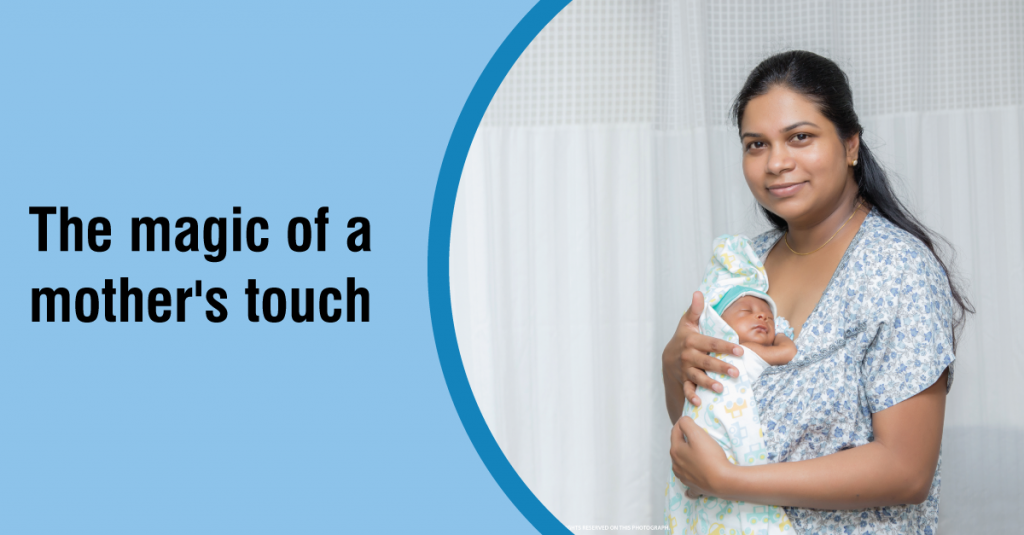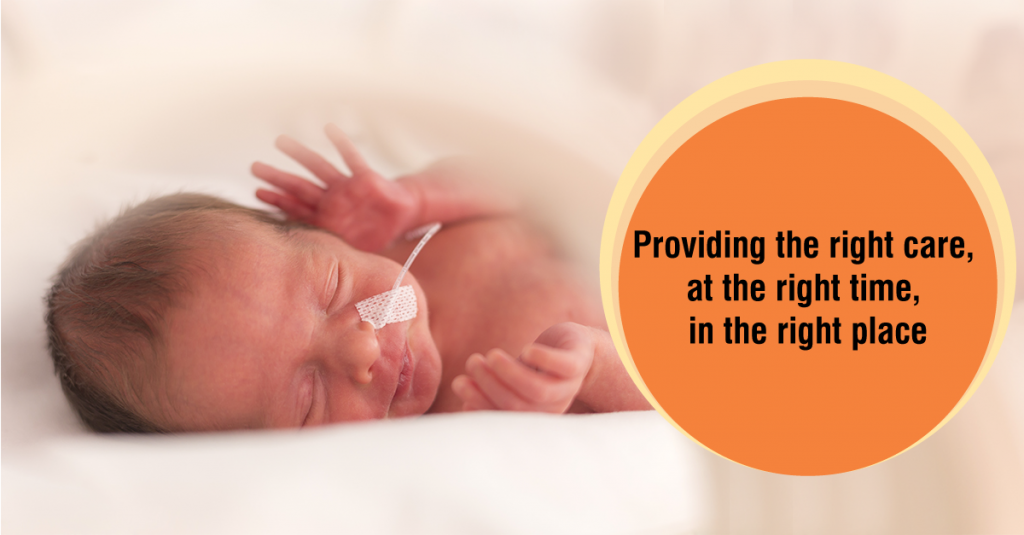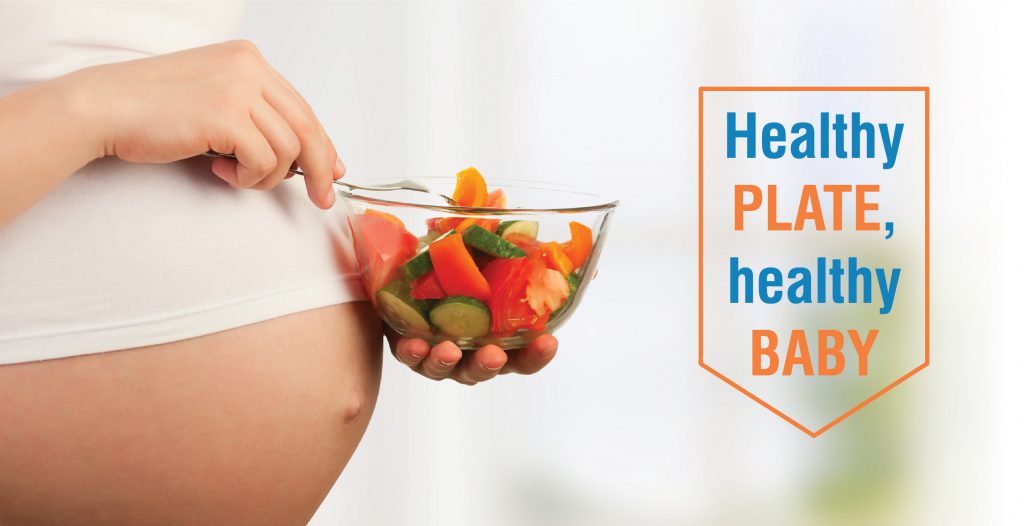
Physical and Psychological Benefits of Yoga in Pregnancy
Physical exercise during pregnancy can be daunting. However, research has proved that 30-minutes of exercise a day has numerous benefits for both mother and baby. Not only does it prepare your body for the baby to come but also furthers overall well-being. Happy mothers make happy babies.
When it comes to being physically active in your prenatal routine, it is important to take extra care to accommodate the needs of the baby growing inside you. Yoga has been proven to be beneficial for pregnant women. The only adverse health outcome that has been reported is uterine contractions, which can be monitored with a modified approach and appropriate activity reduction. A golden rule to keep in mind is to always listen to your body and stop immediately if you are experiencing any type of discomfort. All postures should be regularly adjusted as per the size of your baby bump. Avoid yoga that emphasize on physically demanding, strength bases or heated practices for the safety of both mother and foetus. The benefits of yoga during pregnancy far outweigh the risks and with the right consultation, you can design a routine for yourself that suits your pregnant body and your baby’s needs.
Some Benefits of Yoga
- Improved foetal and maternal harmony: Yoga reduces inflammatory markers, decreases heart rate, improves prenatal and post-partum fitness variables.
- Helps manage stress and reduce levels of the hormone cortisol and other associated symptoms that accompany pregnancy, such as oedema, gestational hypertension or diabetes, mood instability, musculoskeletal discomfort, aches, and weight gain.
- Breathing exercises or deep relaxation techniques which improve both foetal heart rate and foetal movement.
- Yoga helps calm the mind and body.
- Mediation and self-soothing techniques help manage various physical, emotional, mental, and pain states that arise through the stages of pregnancy and labour.
- Improved psychological functioning results in better interpersonal relationships.
Considering these physical and psycho-emotional aspects of pregnancy Yoga not only prepares your body for birth but also promotes self-confidence, self-efficacy, and coping ability; aspects that are important for a positive labour experience.
To reap the maximum benefits of prenatal yoga, make sure to join a comprehensive yoga program. Fernandez Hospital’s online prenatal yoga classes help you build both physical and emotional strength and benefit through pregnancy, labour, and birth outcomes. To register for our online yoga classes, please call: +91 8008570465
References
Curtis, K., Weinrib, A., & Katz, J. (2012). Systematic review of yoga for pregnant women: current status and future directions. Evidence-based complementary and alternative medicine: eCAM, 2012, 715942. https://doi.org/10.1155/2012/715942









